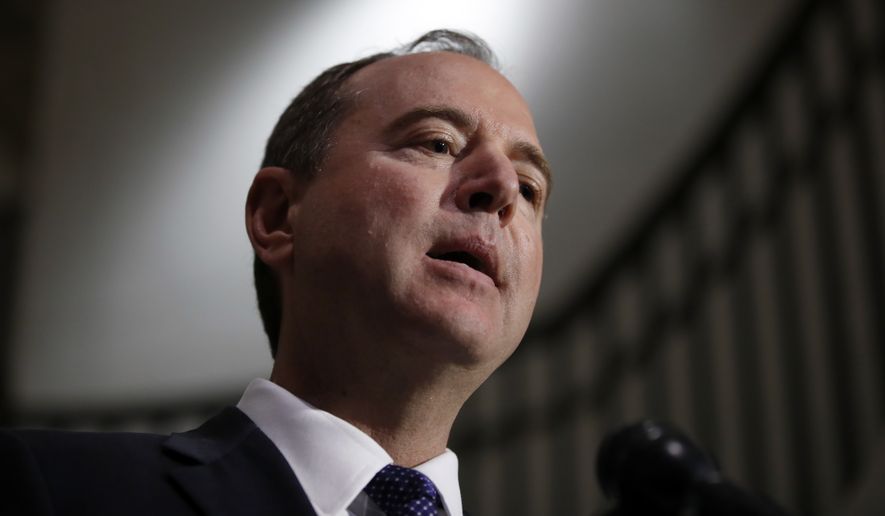Democrats on the House Intelligence Committee early Thursday released 3,000 Facebook ads Kremlin operatives created as part of an effort to spread propaganda across social media during the 2016 election.
Congress has been in possession of the ads since last fall but before Thursday, fewer than 50 had been made public.
The ads sought to widen American social divisions by distorting debate on lightning rod topics such as race, religion and gun ownership. The majority were found to be connected to accounts linked to the Internet Research Company, which was charged by special counsel Robert Mueller with waging “information warfare” against the U.S.
“There’s no question that Russia sought to weaponize social media platforms to drive a wedge between Americans, and in an attempt to sway the 2016 election,” said a statement on Thursday from Rep. Adam Schiff, the top Democrat on the House Intelligence Committee.
“The only way we can begin to inoculate ourselves against a future attack is to see first-hand the types of messages, themes and imagery the Russians used to divide us,” he added.
While most ads ran before the election, the Russians continued posting them afterward in what U.S. intelligence agencies have called an ongoing attempt by the Kremlin to meddle in American politics.
For months Facebook has been working to improve its policies around political ad purchasing to provide transparency.
But the firm has been under significant heat for being unable to stop the unprecedented wave of Russian propaganda that swept across the massive social platform.
Earlier this year, the Facebook-Cambridge Analytica private data scandal exploded, when it a whistleblower revealed that the British-based political data-mining firm inappropriately accessed the information of as many as 87 million Facebook users.
The scandal bit so hard into Facebook’s share value that CEO Mark Zuckerberg finally succumbed last month to mounting pressure to appear on Capitol Hill and testify before Congress on a range of issues, including Russian meddling in the 2016 election.
• Dan Boylan can be reached at dboylan@washingtontimes.com.




Please read our comment policy before commenting.